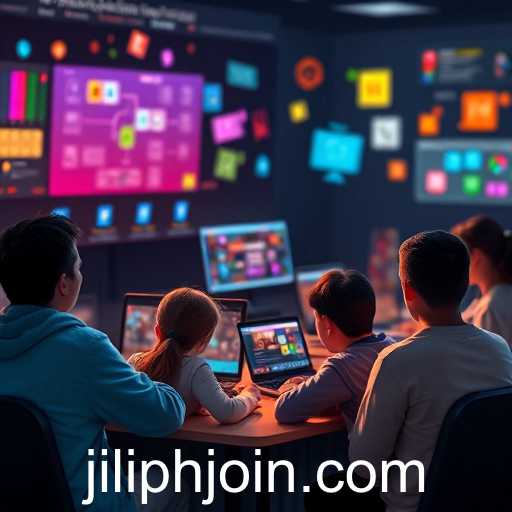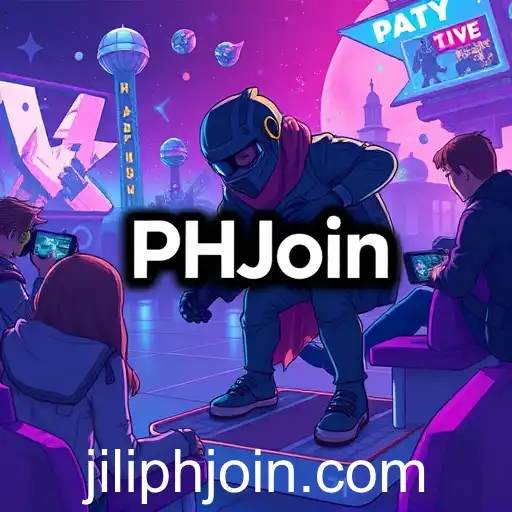
The Rise of Gamification in Education

In recent years, the intersection of education and technology has resulted in a significant shift towards digital learning platforms. Among these innovations, gamification has become a pivotal tool in transforming traditional educational methodologies into more engaging and dynamic experiences. As more institutions around the world seek to integrate this approach, it is essential to understand its benefits and the potential it holds for the future of learning.
The concept of gamification involves applying game-design elements and principles in non-game contexts to enhance user engagement and motivation. In the realm of education, this often translates to the introduction of point scoring, competition with others, and rules of play, similar to what students might find in popular gaming environments. The keyword 'phjoin' is increasingly associated with platforms that offer such gamified experiences, where students 'join' by interacting with educational content in a game-like manner.
A report by the International Educational Technology Society highlights that students who participate in gamified learning environments often display increased motivation and improved problem-solving skills. For example, language learning apps have utilized gamification by incorporating interactive challenges and rewards that stimulate continued user engagement. This method has proven particularly beneficial in subjects that are traditionally considered difficult or monotonous.
However, the dynamics of gamification in education are not without challenges. Critics point to potential drawbacks, such as an overemphasis on competition and a possible undermining of intrinsic motivation. Moreover, there is a growing need for educators to receive adequate training to effectively implement these systems, ensuring that gamified components enhance rather than distract from educational outcomes.
As we move forward, the collaboration between educators, game designers, and technology developers will be crucial in refining these tools to better meet educational goals. The year 2025 marks a period where digital learning and gamification are poised to bridge gaps in global education, addressing diverse learning needs while maintaining the cultural relevance of materials. Websites dedicated to this trend continue to evolve, with 'phjoin' serving as a keyword and metaphor for the seamless integration of play and learning in modern education.
In conclusion, as education continues to adapt to the digital age, gamification stands out as a promising strategy to enhance learning experiences. By continuing to explore and refine this approach, educators can harness the power of gamification to foster environments that are both educational and engaging.
The Rise of Online Gaming Communities in 2025
Exploring the growing impact of online gaming communities and platforms like 'phjoin' in 2025.
Exploring the Gaming World through PHJoin
PHJoin is emerging as a significant platform in the English gaming community, offering unique opportunities for connection and competition.
Digital Games Revolutionize Online Learning
Exploring the intersection of digital gaming and education in the modern era, with a focus on the innovative uses of platforms like 'phjoin'.
 Skip to content
Skip to content





